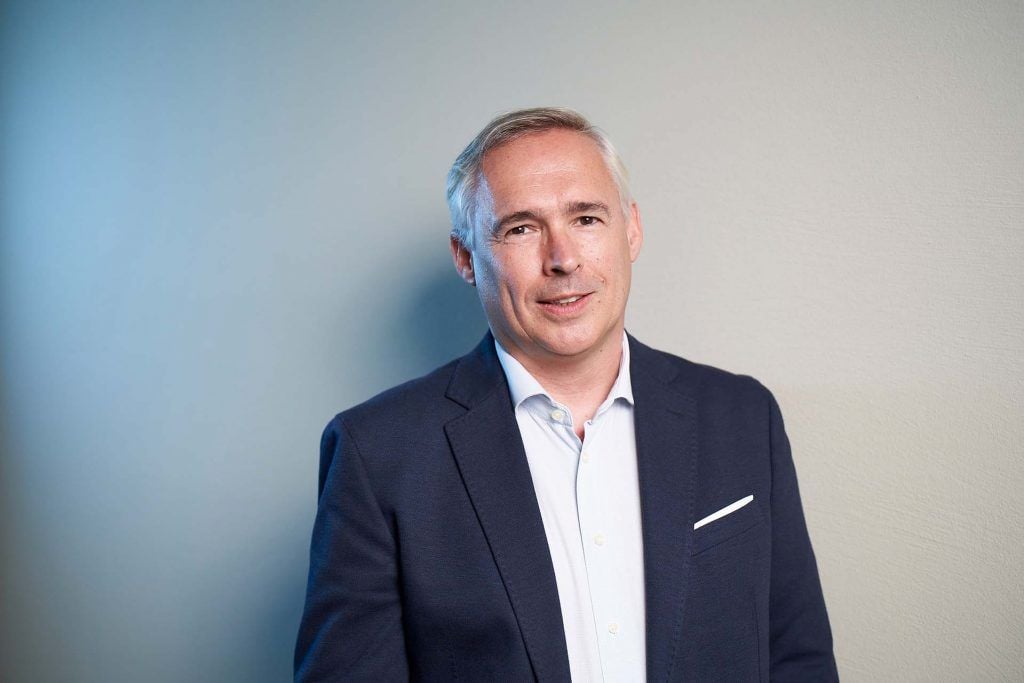The following interview was conducted on Radio Bremen Zwei on 31st of January 2022 with moderator Anja Goerz.
Ms. Goerz:
"The future of the German aviation industry depends on this reform" - This is what is said to have been stated internally at the European aircraft manufacturer Airbus. And what is meant by this is that the group wants to completely restructure its civil aircraft production, including at the subsidiaries in Bremen and Nordenham, and the production in Varel in Friesland is to be sold completely.
This restructuring would affect around 12,000 to 13,000 employees and the IG Metall trade union is correspondingly alarmed. Especially since the employee representatives think the plans are ill-conceived. They are threatening to strike if the negotiations fail today. And that's what I'd like to talk about with Michael Santo, aviation expert at the management consultancy H&Z in Munich. Good morning, Mr. Santo. Why does Airbus actually want to reorganize so much?
Mr. Santo:
Good morning, Ms. Goerz. Airbus actually wants to restructure a consistent value creation and manufacturing strategy, which means a clear focus on assembly and final assembly of aircraft. Unlike Boeing, Airbus wants to see the fuselage as an integral part of the aircraft, but no longer manufacture individual parts. Airbus wants to completely abandon the production of individual metal components, because the whole issue is also somewhat complex. They say: Let the people who can do it better take care of that. We concentrate on assembly and final assembly of aircraft.
Ms. Goerz:
Nevertheless, just to clarify: Airbus has just declared that 6,000 new employees are to be hired worldwide. How does that fit in with the fact that the plant in Varel, for example, is to be closed?
Mr. Santo:
Well, the plant in Varel is not to be closed. It's actually a matter of merging the Varel plant, parts of the single-part production in Augsburg and the plant in Braschow in Romania, in order to give this to an investor. I think this is anything but a closure, because actually the ramp-up or getting back to the old production level, Airbus and the whole supply chain is facing huge challenges. One of the top 3 issues in our last sentiment barometer was "availability of personnel." I think there will be a need for personnel. What's coming up now is really a restructuring of ownership and responsibility.
Ms. Goerz:
"Restructuring" - that certainly sets off alarm bells for some who work there, who are worried about their jobs. The union has demanded employment commitments into the next decade. Should a state-owned company like Airbus be able to do that? After all, Germany owns 11% of this company.
Mr. Santo:
Well, from my point of view, Airbus can almost afford that. If you look at the figures and the forecasts of how the aviation industry will continue, it's not as if we have to expect crisis scenarios. Now Corona has certainly had an insane impact, but really only in the short term. Currently, they are working to get back to old production levels, so I assume that the workforce has a certain, secure future ahead of them.
Ms. Goerz:
Yes, that sounds optimistic for now. So what do you think? How does the negotiation turn out today?
Mr. Santo:
I hope for reason, compromise and consensus, also in the sense of the employees. We really do need a future-oriented aviation structure in Germany. With today's design, where everything is together under one roof, you increasingly notice that the individual parts plants, in particular, are caught up in this Airbus context.
Premium Aerotec has not managed in more than 10 years to win significant business outside Airbus. I am convinced that a single-part manufacturer can do this and therefore has a future that can also move outside Airbus and can definitely act globally in a very marketable way, which for me is a huge opportunity for such a construct.
Ms. Goerz:
Michael Santo, aviation expert at the consultancy H&Z in Munich. Thank you very much.
Mr. Santo:
Thank you very much
Partner

